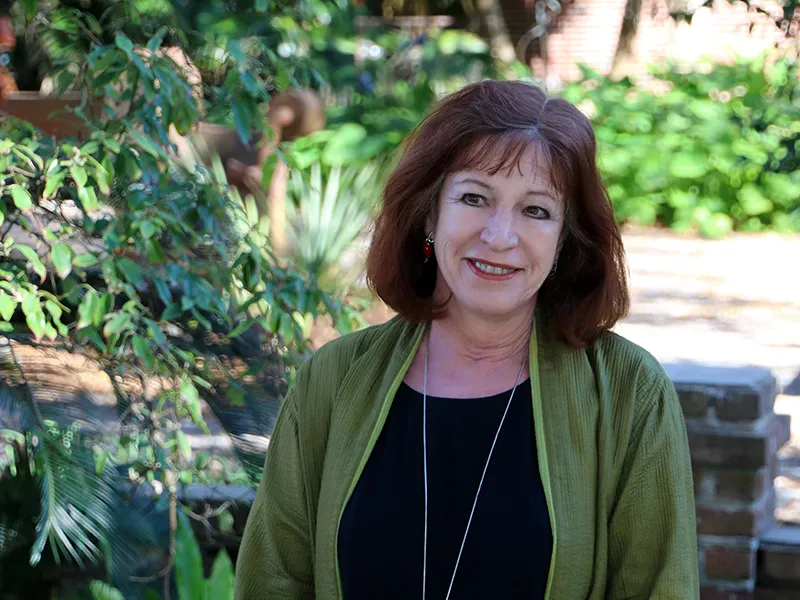
School of Liberal Arts professor Alison Denham is working to reform the juvenile justice system in Barbados. This year, she is able to deepen that commitment with a $234,000 grant from the Templeton World Charity Foundation, Inc. under their Global Innovations for Character Development program. Co-directing an initiative with Dr. Halimah Deshong at the University of the West Indies, their program is one of ten selected for funding by Templeton from more than 150 applications across the globe, and aims to reduce the number of juveniles in correctional centers and increase mental health and community resources for incarcerated youths.
As members of the Oxford-Tulane Developmental Justice Network, a consortium of developmental justice researchers Denham founded in 2016, Denham and Deshong have been conducting research in Barbados with support from Tulane’s Murphy Institute and the Carol Lavin Bernick Foundation for the past three years. Now, the group is ready put that research into action, implementing initiatives for reform on three levels: programs for adolescents, connecting stakeholders in the community, and working with government officials.
Typically, juvenile offenders are given a minimum sentence of three years and placed in secure detention facilities referred to as Government Industrial Schools (GIS). Approximately 70 percent of the youth are brought in for status offenses, or non-violent offenses that would not be a crime if the child were over the age of 18. “The children themselves are in geographically isolated prisons, deliberately positioned to remove them from interaction with the local population, family, and friends. In colonial times, these facilities were also placed in agricultural areas of Barbados to use the adolescents for free labor in the sugar cane fields,” said Denham.
The first step of the consortium’s initiative is working with the youth to initiate a mentorship program that supports what they refer to as the PATH agenda—Promoting Agency, Trust, and Hope. Mentors will visit the GIS facilities and work directly with one youth in person and through online sessions, focusing on character development, aspirations, educational and developmental needs, and creating a plan for the youth on release from the facility. Denham’s colleagues from the University of Oxford will also be providing pro-bono psychological testing, evaluations, and referrals, and the program is organizing inspirational talks by various professionals for the youth.
Although Barbados gained its independence from Britain in 1966, its juvenile justice legislation dates to 1926. The present government, which came into office last year, is committed to progressive reforms, so in addition to working directly with juveniles Denham’s consortium will also engage the community and state institutions to ensure shifts occur across larger platforms. Organizing weekend conferences that present recent findings in developmental sciences and best practices, the program hopes to help establish relationships among stakeholders such as child guidance clinics, the police, schools, and community members to inspire an integrated information network so they may eventually coordinate their services. Working directly with the Ministry of Home Affairs in the Barbadian government, they’ve also advised on the development of a Juvenile Reform Act alongside UNICEF, which is ready to be presented to Parliament this year. This stage of the initiative will work to increase public awareness of the resources available and encourage positive responses to vulnerable adolescents.
After completing a year of programs and work with the government in Barbados, the consortium has the possibility to apply for a further $750,000 from Templeton to fund three years thereafter. Denham looks forward to exploring how New Orleans and Barbados can learn from and teach each other through these and other initiatives. “Our goal for these young people in Barbados is that their time in the GIS facilities is the best next step in their lives—that it offers an opportunity for the support, resources, and understanding they need to move their lives forward in constructive ways. I see many of the same needs here in New Orleans.”

